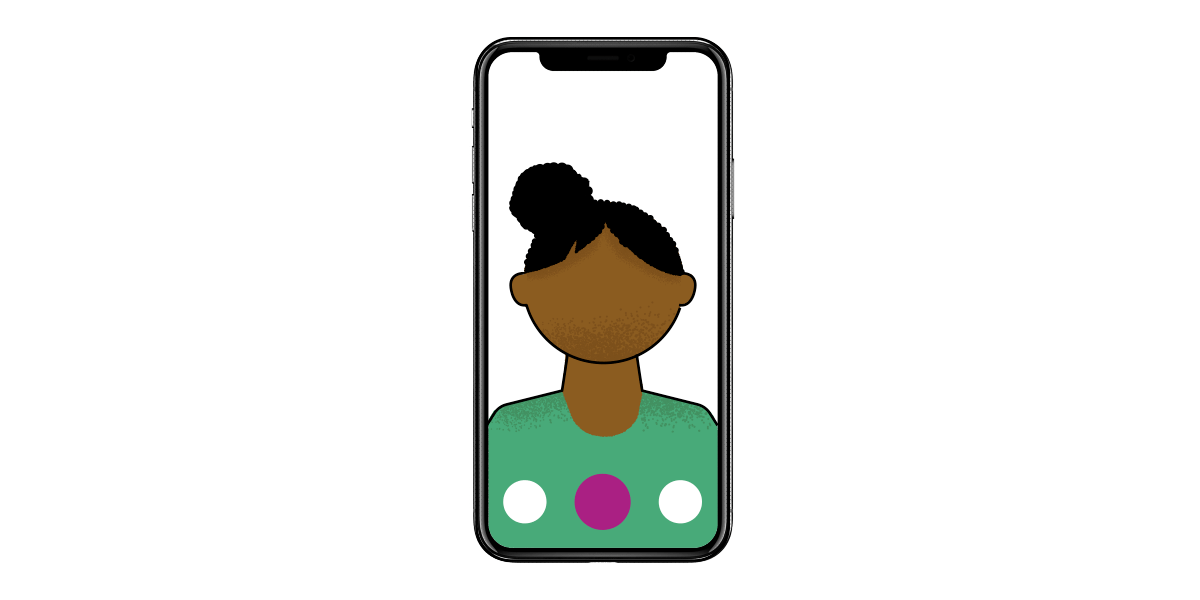Everything to know about video sessions and online therapy
In the last few years, video calls have become much more normal. They are also being used more and more frequently in the healthcare sector. That's why we've put together everything you need to know about video calling for therapy sessions on this page, including case studies and simple how-to videos.

Jump to:
- How are other care providers using video?
- 'How-to' information and support
- Our new 'stay-in license' - video calling at a reduced rate

How others are using video sessions
A lot of healthcare services and private practices are already treating people with the help of video sessions. So, you're not alone, and can learn from the experiences of others. Here, we share some of their stories:
Treating expats all around the world
Clinical psychologist Bart Vemer has his own private psychology practice, Aeffectivity. He treats people from all over the world, mostly expats. In this short blog, he explains what he does and gives a few tips for online sessions. Read the article.
"I don't think online is less personal"
Video sessions can also be beneficial to those receiving therapy who are living with a long-term condition, or who find it difficult to leave the house. One patient shares her experience of how she went from being skeptical to preferring video sessions. Read the article.
"In the end, it’s all about the therapeutic relationship"
Marley Heilbron is a clinical psychologist who works 100% digitally, meaning that for her and her clients, video sessions are the norm. She shares her tips and why she thinks video calling can be more beneficial than physical face-to-face treatment sessions. Read the article.

Manuals and information
Read more information about the Minddistrict platform's video calling functionality.
Quick start for therapists
We've created this short video to help therapists to start using video sessions, so that you can see what to expect.
Would you rather read through the steps? The following link includes a written version of the quick start for therapists.
Explanation for patients
We've also created a video for your patients to watch before their first video session with their therapist, allowing them to see all of the steps in advance, before giving it a go. This may be especially useful to those who feel that they aren't particularly ‘tech-savvy’.
Do you work in a practice or organisation and want to use this video to inform your patients? Please feel free to use it - you can share it either by using the YouTube link, downloading the video, or you can ask us for the file. There is also a written version of this manual on the patient support site.
For application managers
Are you the Minddistrict application manager at your organisation? Our Checklist for video calling was created for application managers and takes you though the process of managing user accounts and logging in step-by-step. Help your colleagues move forward! Read the checklist.
Video calling like a pro!
Are you having to adjust to the practical aspects of setting up video sessions? We've highlighted 7 quick tips to help your video calls run smoothly for all participants. Read the blog here.
Further support material
Need help? We’ve got support sites in case you or your patients encounter any issues.

Interested? Let's get started
If you're considering implementing video calling for your therapy service get in touch to get a demonstration of the Minddistrict platform and get your questions answered.
